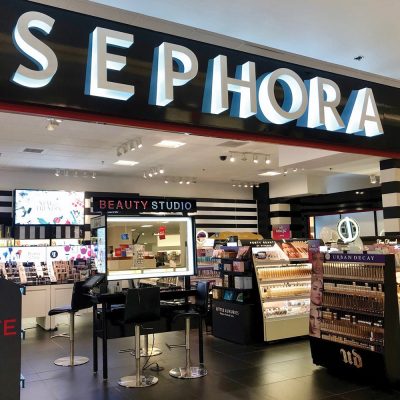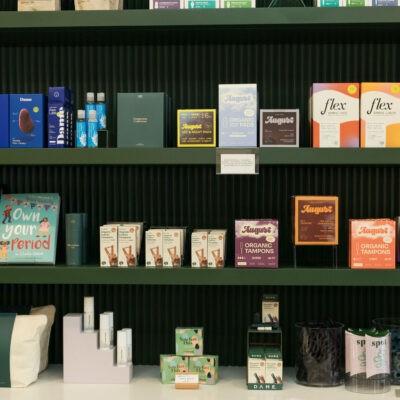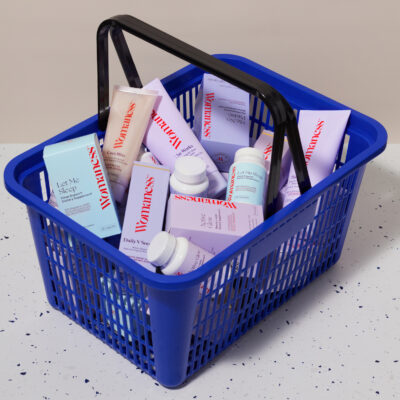
Ulta Beauty And Credo End Partnership
Credo and Ulta Beauty have ended a partnership that brought a selection of clean beauty products to Ulta stores.
Timed with the October 2020 implementation of Ulta’s Conscious Beauty platform that planted its flag in clean beauty, the two retailers unveiled The Credo Collection featuring nine clean beauty brands, including Axiology, EleVen by Venus Williams, HAN Skincare Cosmetics, Innersense Organic Beauty, Josh Rosebrook, Exa, One Love Organics, PYT and Rituel de Fille. The collection was introduced at end-caps in 100 Ulta stores before expanding to 200 stores. In the first quarter of this year, Ulta had 1,385 stores.
Along with the end-caps, The Credo Collection brands were merchandised at 10 doors in a dedicated wall display. A few brands featured in The Credo Collection, including Innersense Organic Beauty, Live Tinted, OSEA, Fur and Juice Beauty, are still sold at the chain. Credo co-founder and CEO Annie Jackson will continue as a member of Ulta’s Conscious Beauty Advisory Council, a group of executives and experts Ulta formed in 2020 to supervise the Conscious Beauty program.
In statements to Beauty Independent, Ulta and Credo revealed their partnership terminated in March. An Ulta spokesperson says, “Based on a mutual decision with Credo, Ulta Beauty is no longer offering The Credo Collection within Conscious Beauty and will be focused on building continued momentum for Conscious Beauty at Ulta Beauty, delivering more choice, transparency and education to our guests.”
Jackson says, “This partnership was fantastic, and the experience was deeply valuable. We gained insights about customer perception of ingredients and standards, their level of expectation on brands, exposure to different geographical regions we weren’t reaching in clean beauty at Credo, not to mention working with a world-class merchant team at Ulta.”
Ulta’s Conscious Beauty program followed competitor Sephora’s Clean At Sephora program launch in 2018. Conscious Beauty categorizes beauty and wellness brands in five key pillars: clean ingredients, cruelty-free, vegan, sustainable packaging and positive impact. Brands must meet Ulta’s standards in at least one of the pillars to be a part of the Conscious Beauty program. At the moment, 300-plus brands or over half of Ulta’s full assortment fall under the Conscious Beauty umbrella.
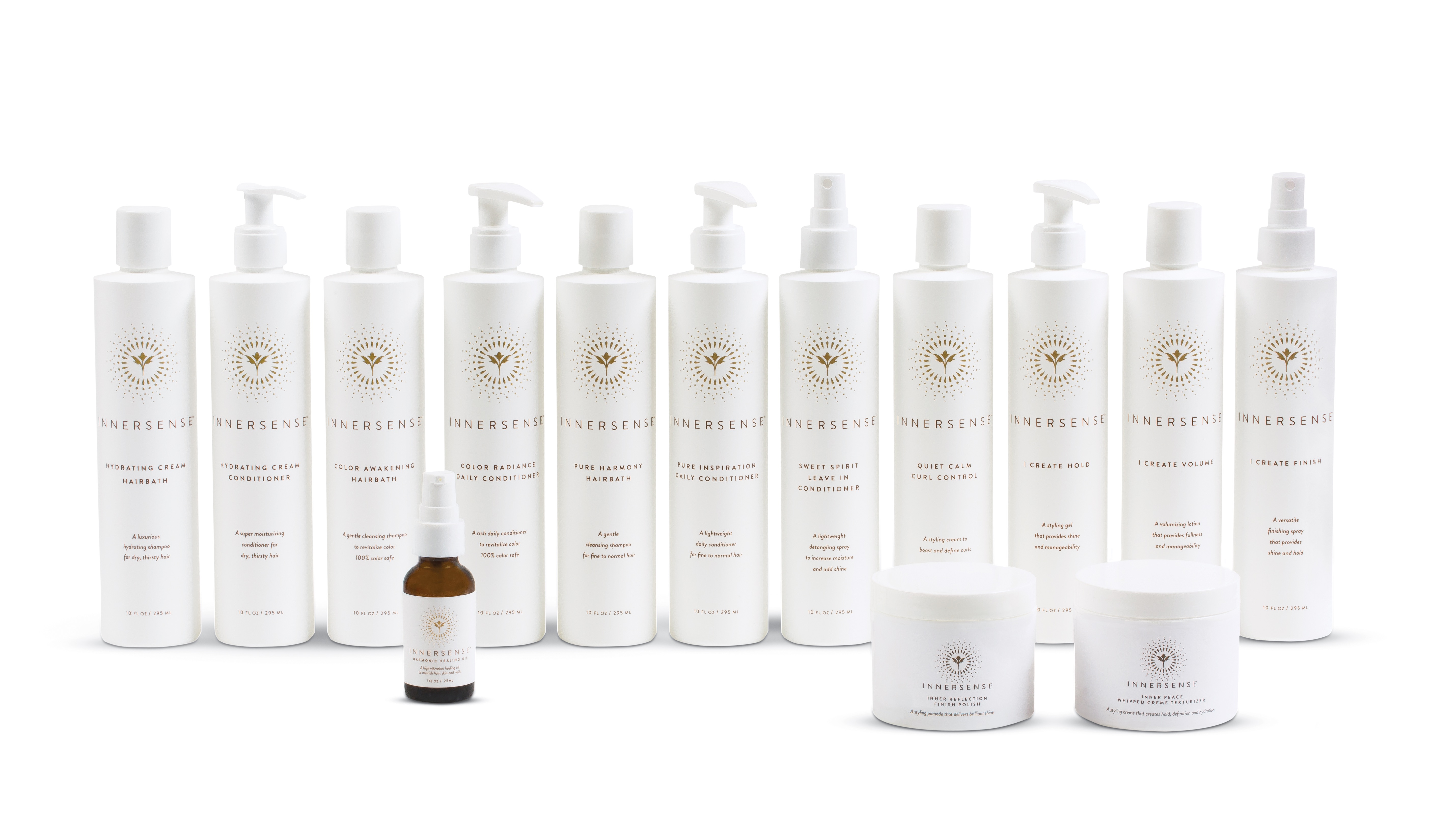
The Credo Collection had a promising rationale for both Ulta and Credo. Credo’s authority as a clean beauty leader gave the rollout of Ulta’s Conscious Beauty platform credibility. Meanwhile, Ulta’s scale enabled Credo to boost awareness. However, scale put constraints on The Credo Collection brands and ultimately was a factor in its cancellation.
“This partnership was an incredible opportunity for brands in the Credo community to explore working with Ulta and a good opportunity to stretch a little and see if this is scale they could grow into and support,” says Jackson. “Ulta is a huge retailer and growing any business at retail is a significant amount of work. Credo’s current focus is on our existing Credo stores.”
Owned by San Francisco private equity firm NextWorld Evergreen, 9-year-old Credo operates 15 stores across California, Illinois, Massachusetts, New York, Texas and Oregon. This year, Credo plans to open three to four locations, refurbish existing locations, update sustainability guidelines and issue the fifth iteration of the Credo Clean Standard, a framework spanning ingredient safety, packaging, labeling, testing and treatment of people in the supply chain.
Taylor Barry, co-founder of agency Brand Uncover, theorizes that price sensitivity and a lack of customer education may have played a role in Credo and Ulta sunsetting their partnership. “To credit Credo, they make it easy for consumers to understand what ‘clean’ means to them. That said, there is a bit of an uphill battle in articulating this to a new audience,” she says. “In the mass space, it’s possible that this positioning coupled with an elevated price point may have been a challenging formula for the Ulta customer.”
“Retailers need to test various formats both best- and worst-case scenarios, and fail fast.”
Margarita Arriagada, founder and CEO of luxury makeup brand Valdé Beauty and former chief merchant at Sephora, points out clean beauty isn’t the differentiator it once was. “When this test launched, clean beauty, especially from Credo, was a stronger proposition and point of difference. Today, it’s baseline,” she says. “A test on an end-cap for this type of partnership feels lukewarm and tentative. Maybe fine for the beginning but should have expanded as it does not reflect conviction to influence the customer to discern the potential.”
Josh Rosebrook, whose namesake brand was formerly housed in The Credo Collection, told Beauty Independent in April that his brand exited 100 Ulta locations due to excessive discounting. “We chose to pull out because all they wanted to do was discount, discount, discount. Then, as a small brand, they make you pay the discount, and that doesn’t work for us,” he explained. “Our product should be discounted once in a while on Black Friday or once a year for a retailer to do it, but not every month—and we stand by that. So, we pulled out of Ulta. It just wasn’t a good fit.”
Although Credo and Ulta’s partnership is over, several relationships between beauty retailers persist with the goal of bolstering their market positions. Ulta is scaling up its prestige assortment within Target stores to 800 of the mass-market retailer’s units. BeautyspaceNK, Walmart and British beauty specialty retailer SpaceNK’s prestige beauty assortment, is in 275 Walmart doors.
After pulling out of in-store installations at J.C. Penney, Sephora shifted to Kohl’s, where it’s establishing shop-in-shops across the department store chain’s 1,100-plus store fleet by 2025. J.C. Penney moved on from Sephora by striking a partnership with retailer Thirteen Lune that started with 10 pilot locations in 2021 and is set to extend to over 600.
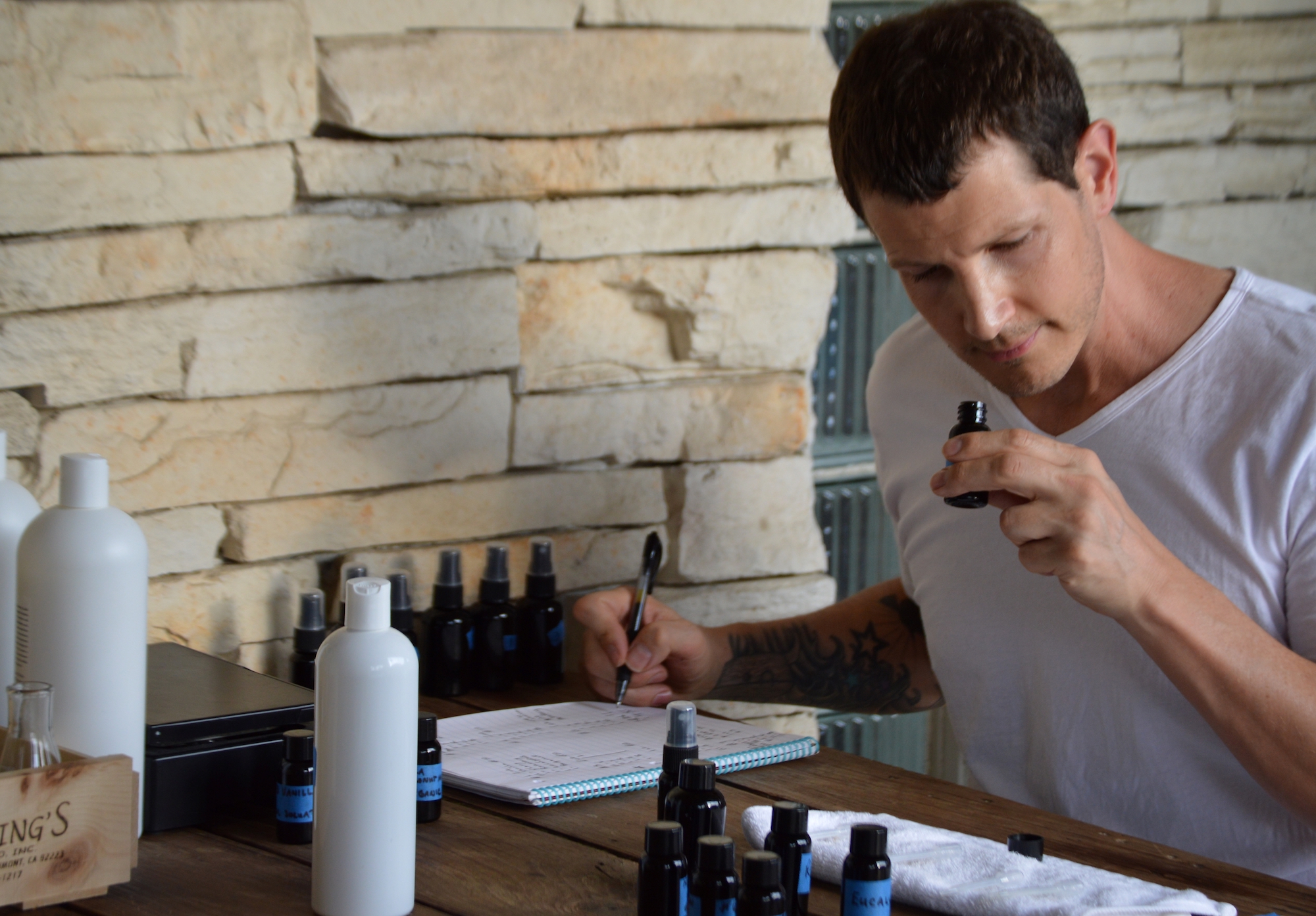
For partnerships between retailers to thrive, Barry says they must deliver on convenience, value and assortments that resonate with wide audiences. Arriagada says, “Retailers need to test various formats both best- and worst-case scenarios, and fail fast. Everything needs to be considered to know what success and scale looks like. Most importantly, there needs to be long-term mutual commitment to make things work as it takes time to work through the challenges.”
The Credo Collection has ended as Ulta contends with shrinking prestige market share and moderating demand. Net sales for the first quarter of the year increased to $2.73 billion from $2.63 billion last year, while net income fell to $313.1 million from $347.1 million due to higher supply chain costs and narrowing product margins.
The specialty retailer has lowered its full-year guidance to forecast that net sales will land in the range of $11.5 billion to $11.6 billion. Same-store sales advancement is forecast to be in the range of 2% to 3%. Previously, Ulta forecast that net sales would land at between $11.7 billion and $11.8 billion for the year, and comp-store sales advancement would hit between 4% and 5%.

